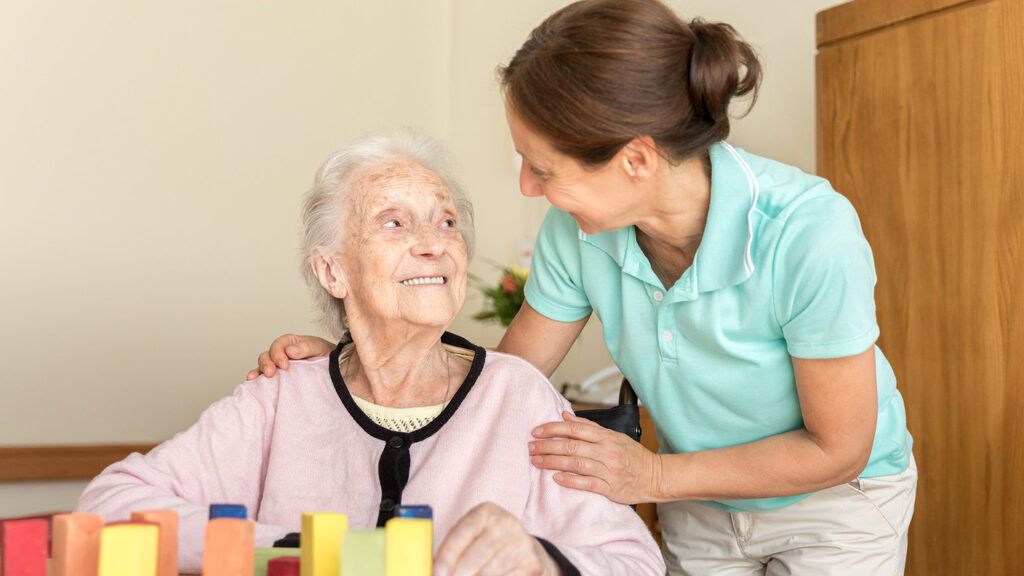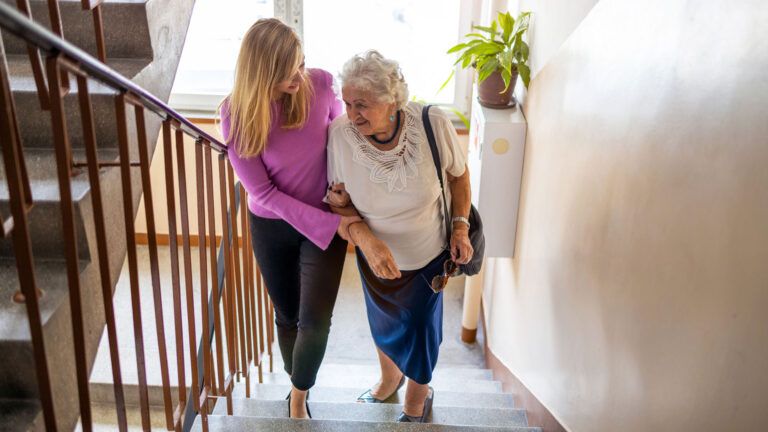Christian Fernandez may not have envisioned himself as a professional caregiver. But Lakelyn Hogan Eichenberger, Ph.D., a gerontologist and caregiver advocate at Home Instead, isn’t surprised that he ultimately found it a fulfilling career.
“Caregivers are able to make a direct, positive impact in someone’s life every single day,” she says. “Caregiving can offer a deep sense of purpose by helping others age with dignity in their own home.”
As the senior population grows, caregiving will offer reliable employment for years to come. According to an AARP study, 10,000 Americans turn 65 each day. By 2050, older adults will form more than 20 percent of the population. Here are some other benefits of being a caregiver:
Professional growth This career provides in-depth training in senior caregiving, including personal care assistance and dementia support. It also teaches skills—time management, organization and communication—that can be an asset in other areas of life. It’s a great job for nursing, pre-med or other students.
“They walk away with that one-on-one experience with an older adult,” Eichenberger says. “It makes them a better doctor, nurse, social worker or case manager.”
Flexible schedule Caregivers can set schedules that work well with other commitments, such as attending school or raising children. It is also an ideal job for retirees, who may already be caring for a spouse.
Positive intergenerational relationships A caregiver gets the chance to form bonds with people of different backgrounds and generations. These older adults can share their decades of experience, wisdom and valuable advice. Sometimes they even tutor a caregiver in a foreign language or other subject.
A rewarding experience Identifying a care plan and helping older adults maintain some independence as they age can be a meaningful, even joyful, experience. “Caregivers often say they’re surprised to realize they’re getting more out of it than the senior they work with,” Eichenberger says.
A way to use your strengths “One neat thing about a caregiving career is that you can find a client who is a good match,” says Eichenberger. “If you are quiet, we aren’t going to pair you with the most outgoing senior. It takes all different types.” Are you creative? “Particularly when working with an individual with cognitive impairment, you may really have to get creative with activities and ways to connect,” Eichenberger says.
For more about a career in caregiving, visit homeinstead.com.
For more inspiring stories, subscribe to Guideposts magazine.






